From Prevention to Resilience: Designing Public Spaces in Times of Pandemics is a 2-year research project (2020-2022) that aimed to develop insights and tools for (urban) designers, policymakers and other professionals to contribute to more resilient cities and neighbourhoods. In particular, we investigated how design interventions in public space can contribute to strengthening social and ecological resilience.
Through a combination of desk research, expert sessions with an international community of practice and research-through-design interventions, this project aimed to go beyond the purely practical prevention approach and explore how measures in response to the COVID-19 pandemic can be linked to making neighbourhoods more resilient, both socially and ecologically.
During the research process, we had the opportunity to explore different perspectives on this topic, which resulted in the outputs listed below:
- A Design Framework for Neighbourhood Resilience with which the effective principles of digital and physical interventions for the 1.5-meter society at the neighbourhood level can be analysed and designed with regard to their potential for social and ecological resilience;
- A database with worldwide examples of how (urban) designers have responded to the COVID-19 pandemic and the problems they addressed through (proposed) public space and civic engagement interventions;
- Three Design Cases, which explored how can urban designers take action toward resilience for Post-COVID neighbourhoods by using the design framework we created on a (real-life) design challenge in Amsterdam;
- A number of resources, which includes academic and professional publications, as well as a Livecast series where we were joined by various experts to discuss design perspectives in which social and ecological issues, at the neighbourhood level, are addressed in an integral way:
- A booklet and the accompanying card set present ‘Human / Non-Human Public Spaces’ – a design perspective on neighborhood resilience. This perspective encourages designers, policymakers, and community organizers to understand and promote neighborhood resilience in a particular way: it shows the potential of public space as a site for intervention to strengthen both human and non-human communities
This research project was financed by the ZonMw subsidy round: ‘COVID 19 Maatschappelijke Dynamiek’.
This project was a collaboration between the Amsterdam University of Applied Sciences (AUAS) Chair of Spatial Urban Transformation (Faculty of Technology) and Chair of Civic Interaction Design (Faculty of Digital Media and Creative Industries), together with the following partners: Harvard University, The Bartlett at UCL, The University of Sydney, City Space Architecture, UNStudio, Pakhuis de Zwijger, The Beach, PBL Netherlands Environmental Assessment Agency.
Explore the database of creative practices during the COVID-19 pandemic.
Recommended by Luisa Bravo

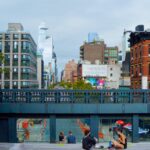



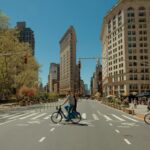
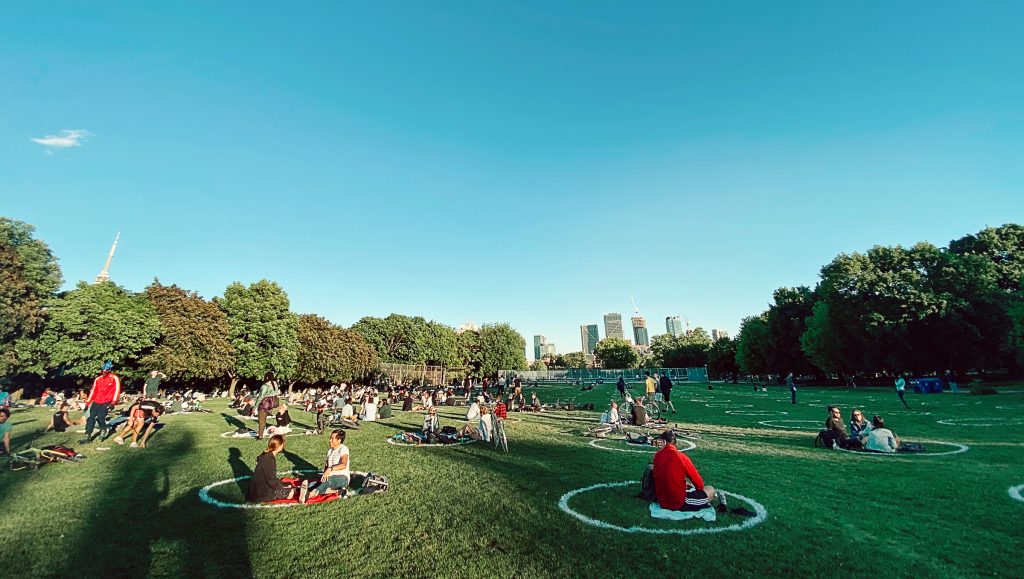
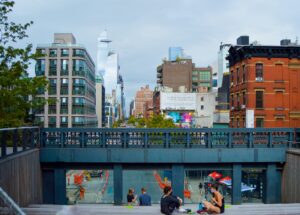
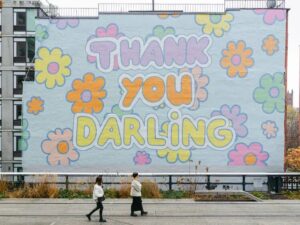


More Stories
A stealthy reimagining of urban public space by Elizabeth Diller
The best outdoor art in NYC this winter (2024)
Plaza de la Vila in Sencelles by Moneo Brock